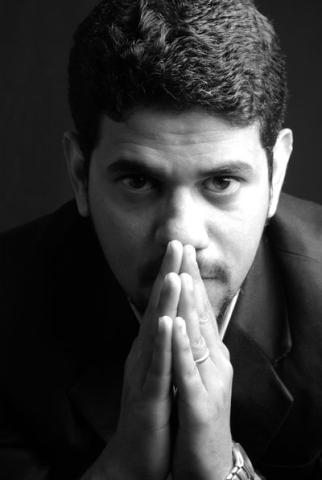Successful conflict resolution is often far more art than science. When I talk about the work of an ombuds, and the ways I try to approach conflicts, I am continually reminded of some approaches that can help me do my job better, and that may help anyone resolve conflict more productively. A while back I posted part 1 of what I like to call some lessons that I am continually learning. Here are some additional important things I try to keep in mind:
- Disputes often arise from how individuals make sense of the actions of others — the stories we tell, the emotions we attach — and less from the actions themselves. Paying attention to how we are understanding others’ actions can be an important step in resolving conflict.
- The problem may not be what is initially discussed. Too often the real heart of a problem may be obscured for many reasons. Getting to the heart of the matter is essential for making real progress.
- Universities — and Michigan is certainly no exception — are fraught with real and perceived power differentials (think student and advisor, supervisee and supervisor) that can contribute to and exacerbate conflict. Sometimes addressing perceptions of power is an important step in conflict resolution.
- Conflict is a gift that can improve how organizations function. This is a central aspect of the work of organizational ombuds, and it can also be true as others work through conflict.
If you are in a conflict situation and you would like to talk it through with a confidential, neutral, informal and independent resource, please consider reaching out to me. You can reach me at [email protected], or at 734-763-3545.

